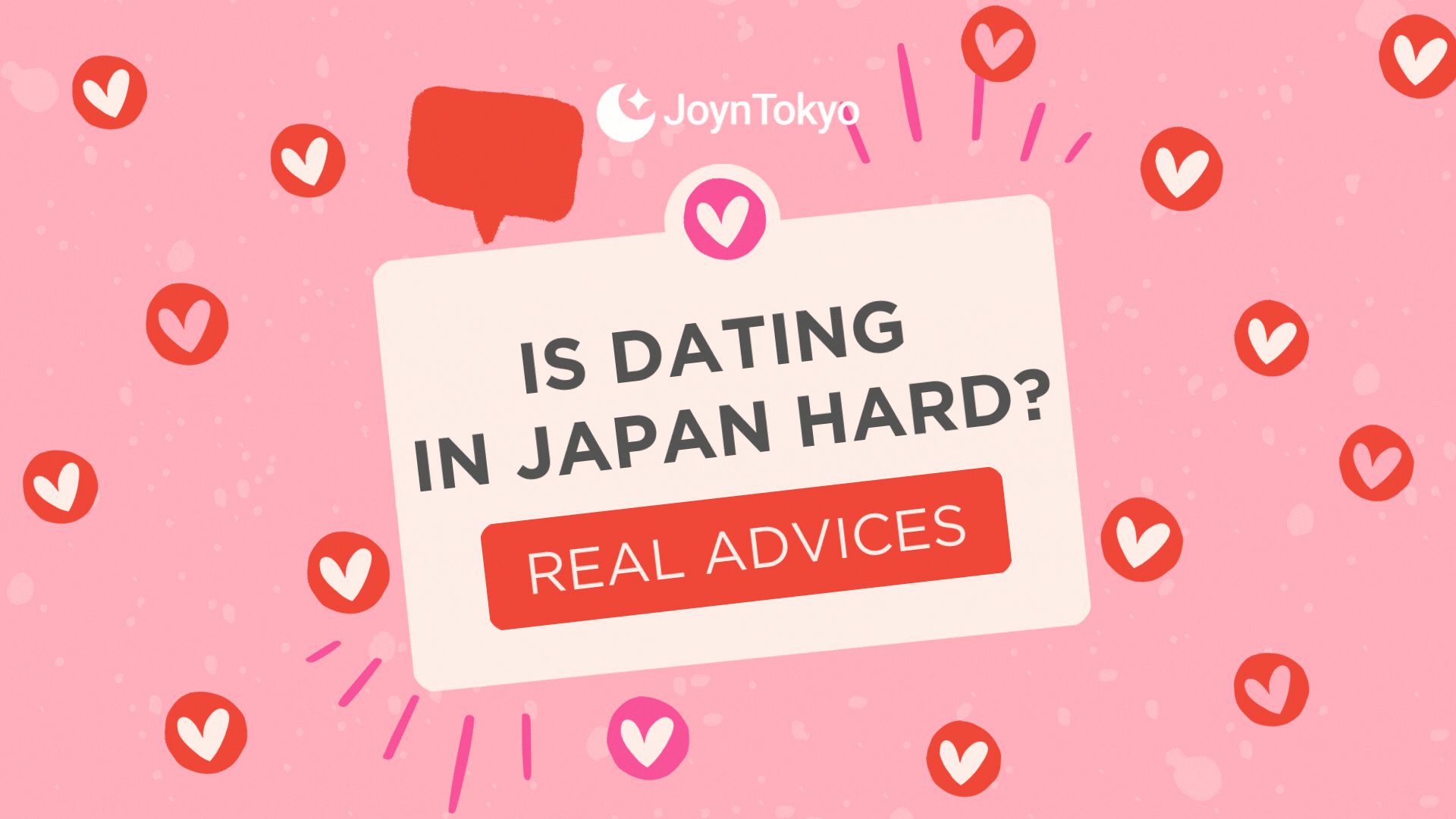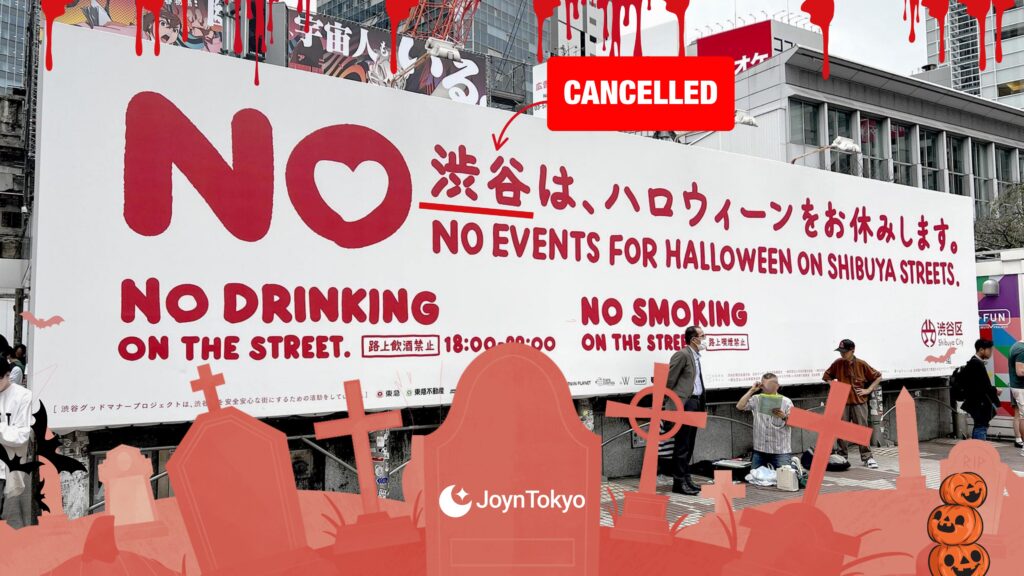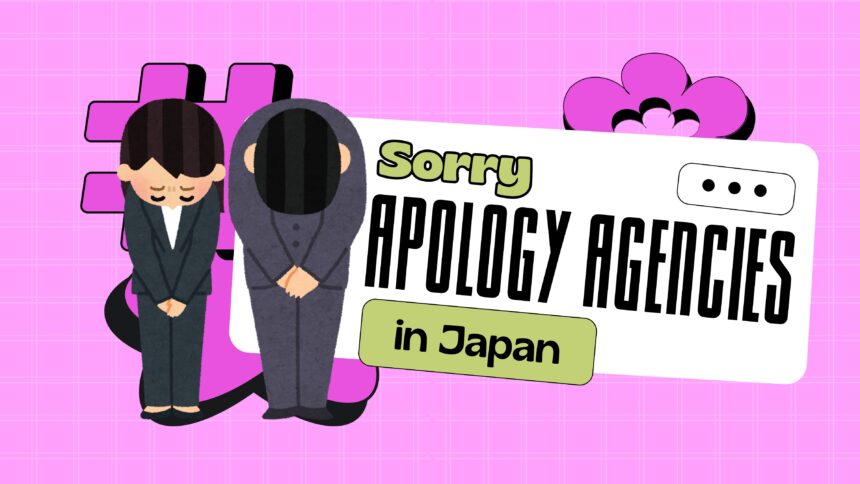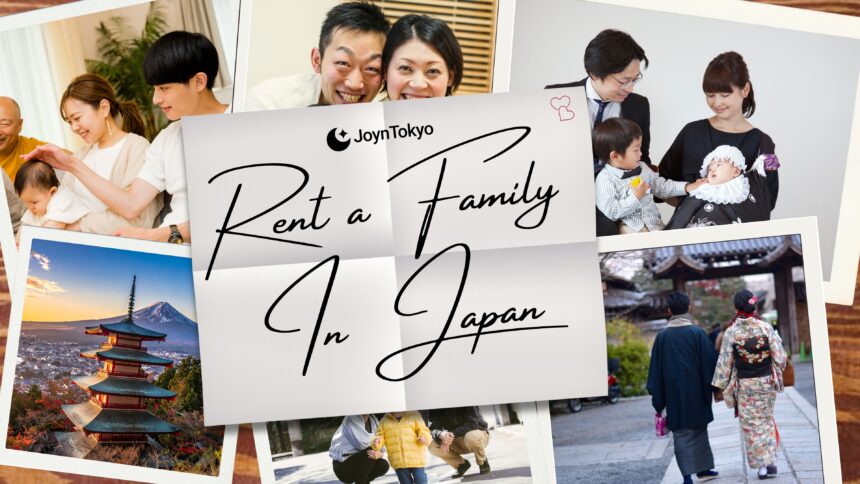Public displays of affection (PDA) in Japan can be confusing for foreigners. While holding hands or hugging may seem normal in many countries, Japan’s social norms often discourage overt romantic behavior in public. A small gesture can mean a lot in Japan — and knowing when and where to show affection can help you avoid awkward moments and show respect for local culture.
This article explores how PDA is viewed in Japan, what’s acceptable or frowned upon, and how attitudes differ for same-sex couples. Whether you’re dating a Japanese partner or living here long-term, understanding these unspoken rules will help you connect with awareness and care.
Read More
The Cultural Context of PDA in Japan
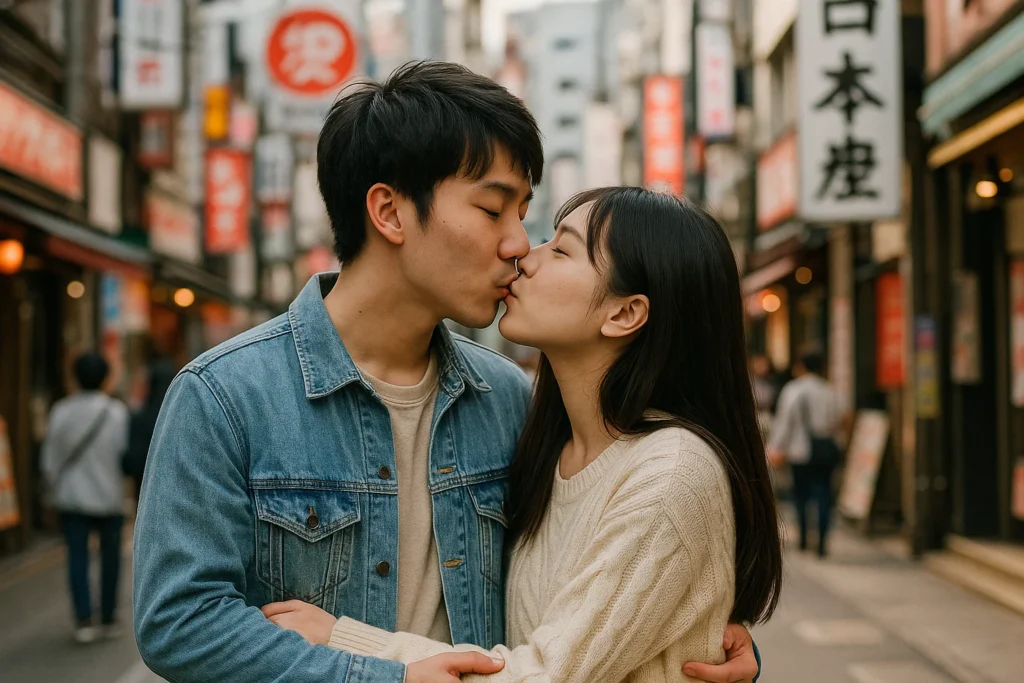
Japanese society places great emphasis on harmony and modesty. Public spaces are shared environments, and individuals are expected to behave discreetly to avoid disturbing others. This emphasis on social harmony strongly influences how physical affection is shown (or more often, not shown) in public.
Traditional Views and Changing Generations on PDA in Japan
Traditionally, romantic gestures were reserved for private settings, not public spaces like trains or restaurants. Older generations often view PDA as inconsiderate or immature. However, younger Japanese people, especially in urban centers like Tokyo or Osaka, are becoming more open to mild affection, such as hand-holding or light hugs. Even so, public kissing remains rare.
Read More
Social Awareness and “Seken”: The Power of Public Perception and PDA in Japan
A key concept in understanding PDA in Japan is “seken”, meaning “public opinion.” People are constantly aware of how their actions appear to others. Couples often avoid PDA not because it’s forbidden, but because they want to maintain social harmony and avoid embarrassment.
This collective awareness means that affection tends to be subtle and situational, rather than openly displayed.
Start Your Own Japan Journey With Expert Guidance
Most people never make it to Japan because the start is confusing and tiring. Wrong visa route. Underestimated budget. Months lost to confusion.
Get personalized support for your new life in Japan.
Book Your FREE Consultation✓ 500+ Bookings ✓ English-speaking Relocation Support Experts
What Counts as PDA in Japan
There are no legal restrictions against PDA in Japan. However, social expectations play a much stronger role in defining what is considered appropriate behavior in public.
Commonly Accepted Gestures

Simple gestures that are generally acceptable include:
- Holding hands while walking
- Gentle touches on the shoulder or back
- Brief hugs when greeting or saying goodbye
These actions are tolerated in cosmopolitan areas like Shibuya or Harajuku, especially among younger couples.
Read More
Behaviors Considered Inappropriate
Kissing, prolonged hugging, or any overtly intimate behavior are generally frowned upon in public. Even though confrontation is unlikely, such actions may attract uncomfortable stares or disapproval from nearby people.
PDA in Japan in Different Settings
Context matters in Japan. Affection that feels normal in a park or at a festival may be inappropriate in a train or restaurant. In family-oriented or formal spaces, like shrines, schools, or workplaces, physical affection should be avoided entirely.
At places like Tokyo Disneyland or nightlife areas such as Roppongi, couples may act more freely, though even there, subtlety remains the norm.
LGBTQ+ Couples and PDA in Japan
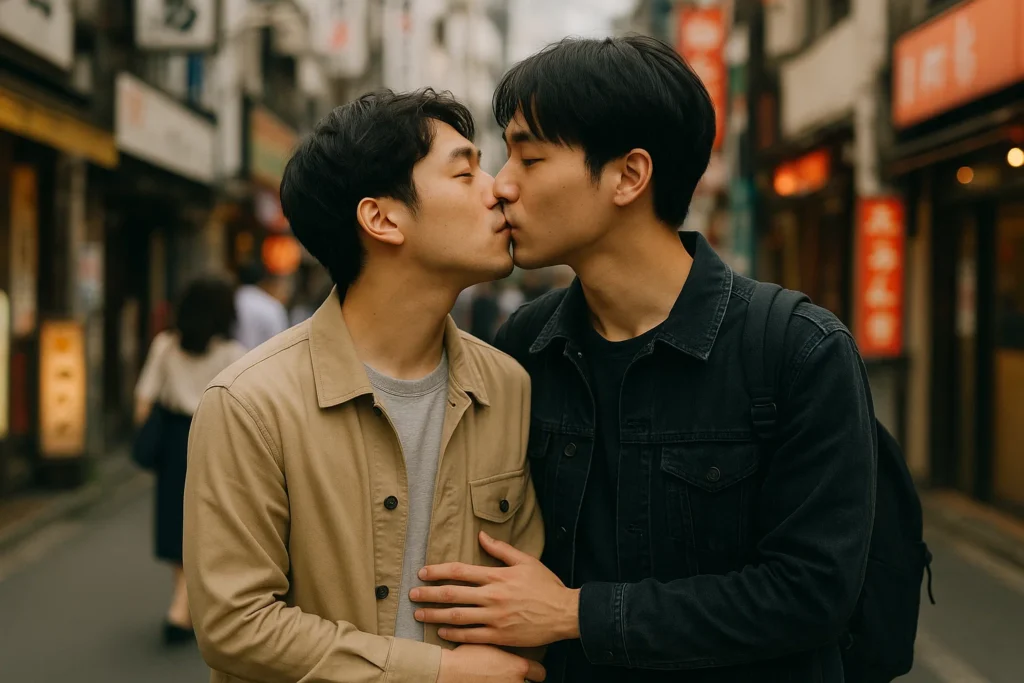
Japan’s social acceptance of LGBTQ+ communities has improved in recent years, but PDA among same-sex couples can still attract attention.
Read More
Social Perception and Safe Spaces
While there are no laws against same-sex PDA, societal conservatism makes many LGBTQ+ couples cautious. In cities like Tokyo, especially around Shinjuku Nichome, public affection is more accepted and often unnoticed. In contrast, in rural areas, even hand-holding can invite stares.
Representation and Evolving Norms
Japanese media increasingly portrays LGBTQ+ relationships, helping shift attitudes among younger generations. Gradually, expressions of affection, regardless of gender, are becoming more normalized.
Navigating PDA in Japan as a Foreigner
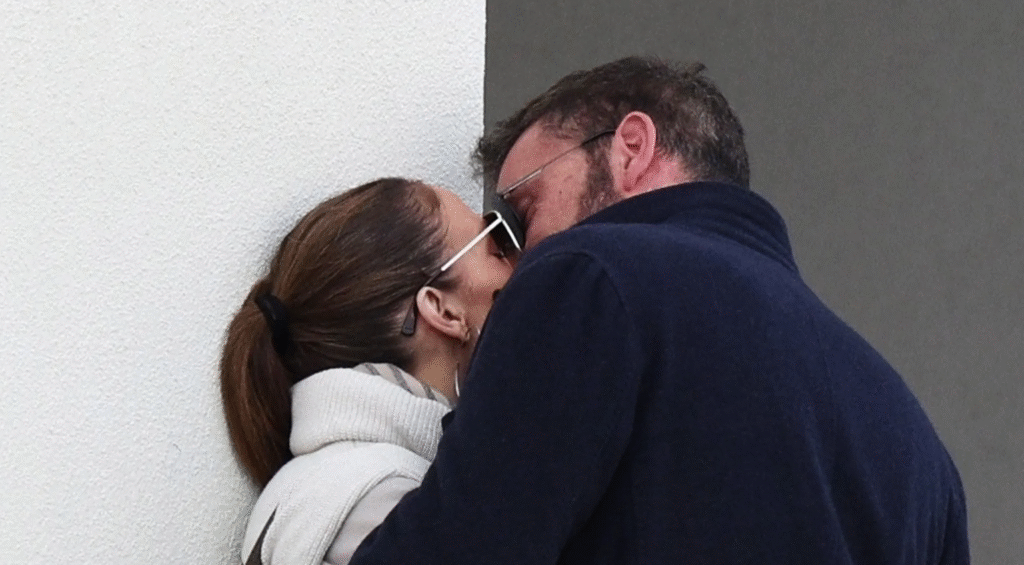
Understanding PDA in Japan isn’t about memorizing rules but reading the social atmosphere. Many Japanese people won’t say anything directly, yet they might quietly feel uncomfortable.
If your Japanese partner seems hesitant to show affection in public, it’s not about distance, it’s about respect for social norms. Remember the concept of uchi (private) versus soto (public): affection is often shown privately through small acts of kindness rather than physical touch.
Modern Influences and Globalization on PDA in Japan
Globalization and Western media have made mild public affection more common among youth, especially in major cities. International couples and social media exposure continue to reshape social expectations.
Still, even in Tokyo, excessive PDA stands out. Japan remains a culture where love is often expressed quietly but sincerely, through presence, care, and subtle gestures.
Conclusion: Expressing Affection with Awareness in Japan
PDA in Japan is not illegal, but it is culturally restrained. Holding hands or brief hugs are fine; kissing or extended contact should be avoided in public. Same-sex couples may face additional scrutiny depending on the setting, though acceptance is growing.
By observing and adapting to Japan’s social rhythm, foreigners can express affection respectfully by balancing cultural awareness with genuine emotion.




